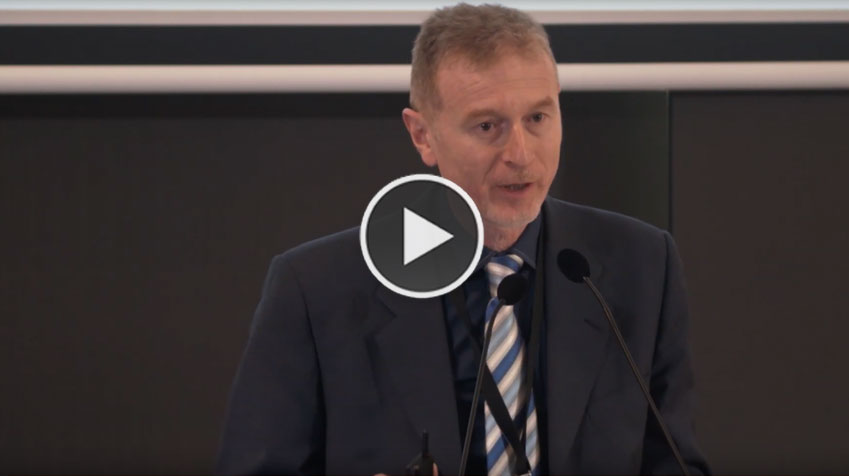Saturday. March the 24th, 12:00 pm
Rehabilitation in Spas: the role of water for therapy
The use of Spas for rehabilitation is an occurrence that is still rare but that is of great interest for Rehabilitation Medicine and for the possible future development of Spas in Italy. A modern Thermal Rehabilitation Centre must be designed to allow access by the disabled and, at the same time, offer bespoke rehabilitation treatments as well as classic spa treatments (mud therapy, therapeutic thermal baths, etc.).
Therapeutic exercise or kinesitherapy is the “heart” of rehabilitation and in the field of kinesitherapy the ability to perform therapeutic exercises in water (known as hydro-kinesitherapy) can now represent a valid and effective therapeutic method in the treatment of osteo-articular disabilities. Hydro-kinesitherapy and balneochinesitherapy consist of performing therapeutic exercises by immersing the patient, partially or completely respectively, in non-thermal water and thermal water. This way balneochinesitherapy permits the accumulation of the chemical-physical effects of thermal water (also known as pharmacological effects) with the advantages of exercise performed during immersion. The reasons for using immersion therapy are the following: 1) Water facilitates movement and its physical properties create an optimal environment to perform therapeutic exercise whilst reducing or eliminating common forms of interference such as pain and defensive muscular contractions; 2) Water is an excellent medium for muscle strengthening and toning; 3) Water is able to stimulate cutaneous, muscular and articular receptors, facilitating the recovery of movement, balance and proprioception.
The principal disabilities of osteo-articular origin, that can be treated at a Thermal Rehabilitation Centre suitable for carrying out rehabilitation treatment in water, include degenerative-rheumatic diseases (osteoarthritis, spondoloartrites, arthritis, etc.), postural and functional misfunctions, post-traumatic (fractures, sprains, etc.) and post-surgical conditions (arthro-prosthesis, etc.) and neurological diseases in the chronic phase (the effects of strokes, Parkinson’s disease, etc.). Each of these pathologies necessitates a bespoke rehabilitation program defined by a physician.
The report will address all aspects related to the role of water (thermal) as a therapeutic tool to be used in rehabilitation.
Professor at University of Padua
Dr. Masiero holds the Chair of Physical and Rehabilitative Medicine of the Department of Neuroscience of the University of Padua. He is full professor of Physical and Rehabilitative Medicine, University of Padua. He is also Director of the School of Specialisation in Physical and Rehabilitative Medicine at the University of Padua and Director of the Complex Operative Unit of Orthopaedic Rehabilitation of the Hospital Company-University of Padua.
Dr. Masiero is professor of “Physical and Rehabilitative Medicine” at the University of Padua in the Specialized Degree Course in Medicine and Surgery, in the Three-year Degree Course in Physiotherapy and in numerous Schools of Specialisation, Master Degree courses and Doctoral Schools. He is author or co-author of over 250 publications in national or international journals (many of which are catalogued in MEDLINE).

